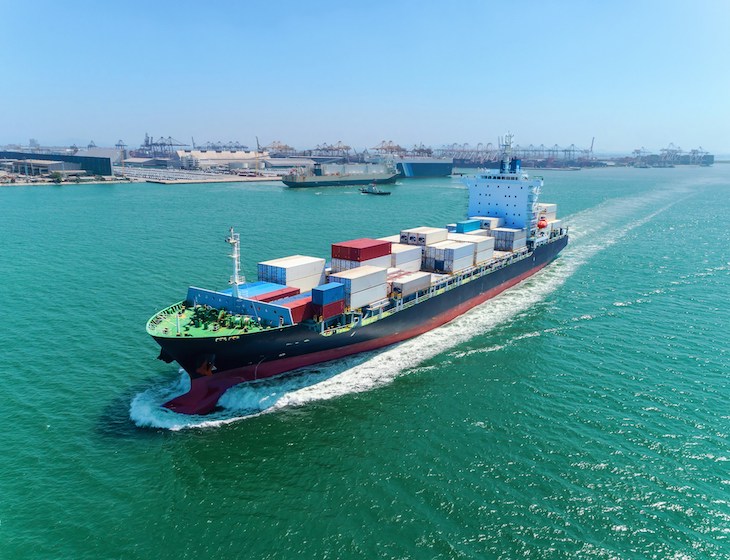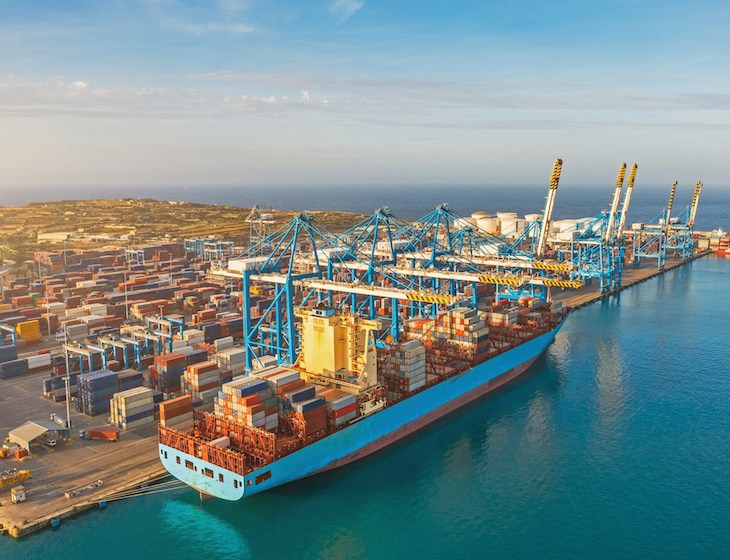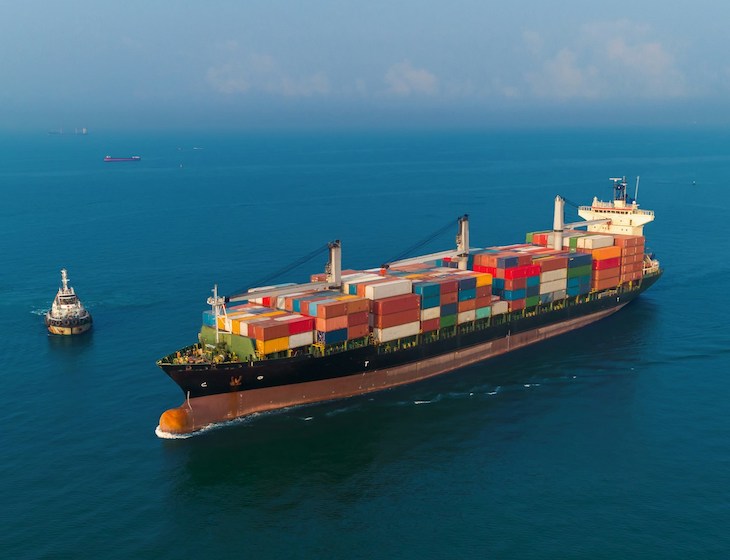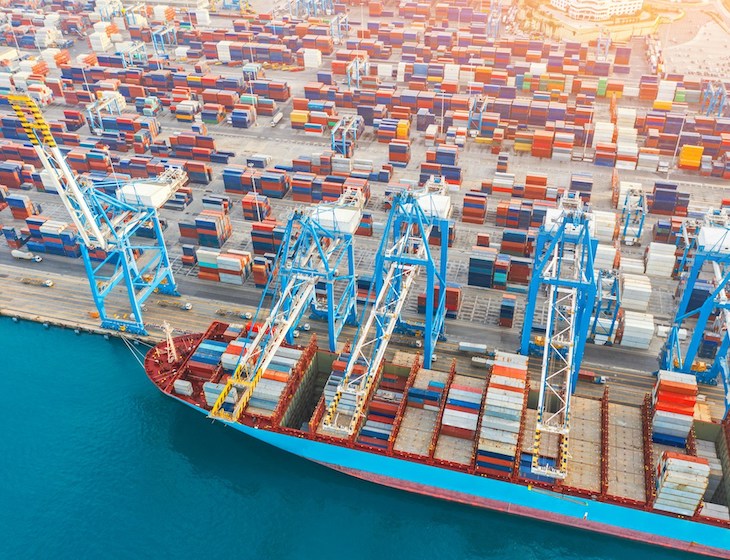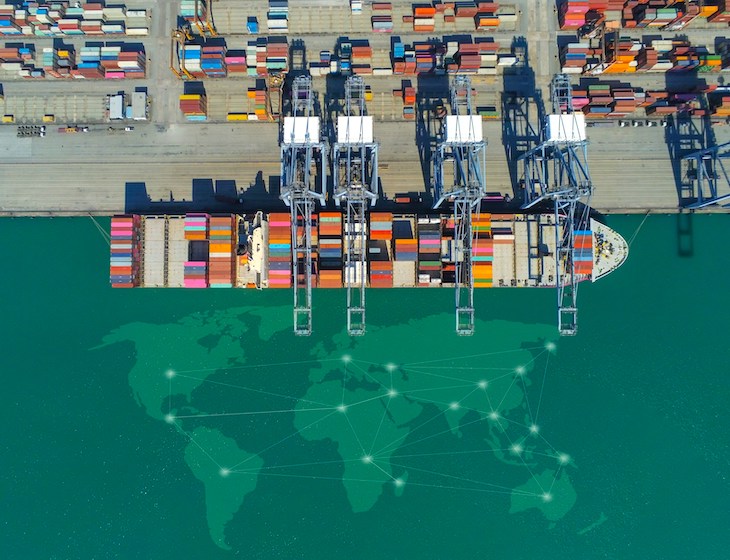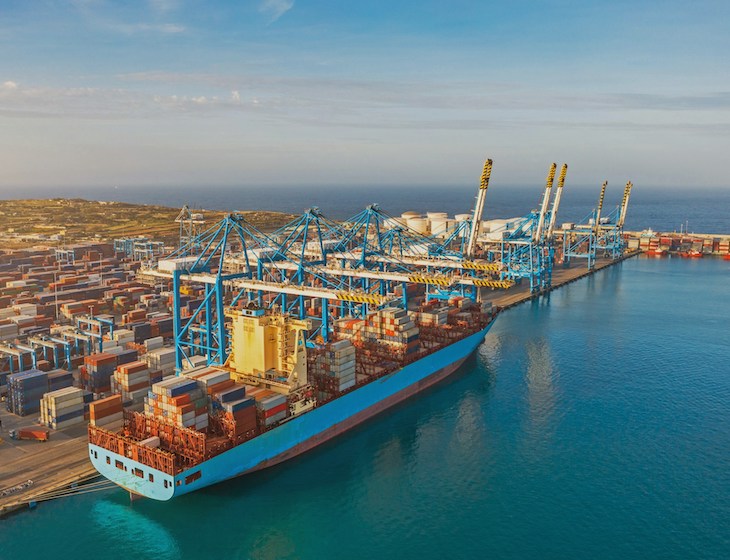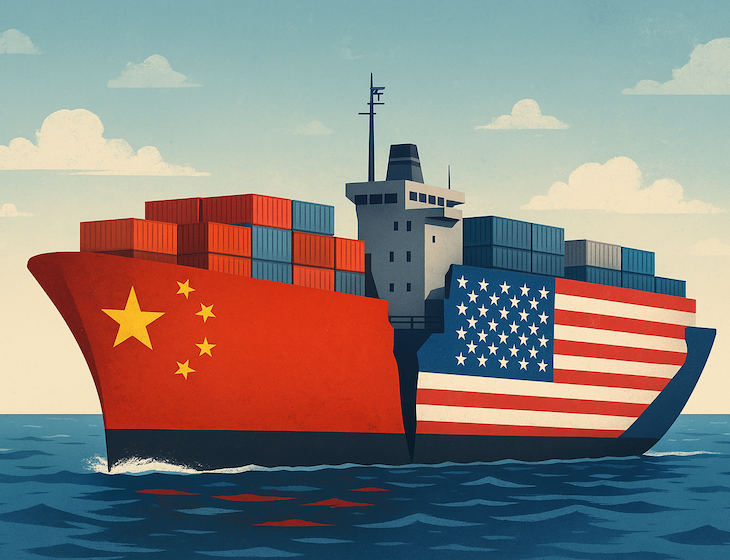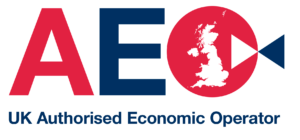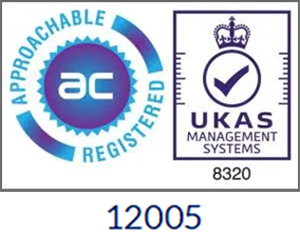Weekly Update – 27/06/2025
As we approach the end of June, demand for Asia–UK services continues to build, with carriers actively managing capacity into July. With space tight across [...]
Weekly Update 20/06/2025
Pressure on Asia–UK services seen in recent weeks shows signs of stabilising, as container availability improves and US market demand is starting to soften. Carriers [...]
Weekly Update – 13/06/2025
Asia–Europe services are coming under increased pressure this week, as worsening equipment shortages at origin combine with ongoing blank sailings. US demand remains strong, with [...]
Weekly Update – 06/06/2025
US demand remains the dominant force shaping global shipping conditions this week, with the temporary suspension of tariffs between China and the US driving an [...]
Weekly Update – 30/05/2025
Strong US demand continues to shape market conditions this week, as equipment shortages at origin put pressure on global container flows. While Asia–Europe services remain [...]
Weekly Update – 23/05/2025
Asia to Europe services remain stable this week, with congestion at London Gateway continuing to ease. The recent US–China tariff agreement is driving a surge [...]
Weekly Update – 16/05/2025
Blank sailings on Asia–Europe routes continue, with congestion at London Gateway still causing delays. Tensions between India and Pakistan remain high, with ongoing disruption to [...]
Weekly Update – 09/05/2025
Blank sailings on Asia–Europe routes continue into May, with delays at London Gateway persisting. Escalating tensions between India and Pakistan are beginning to cause disruption [...]
Weekly Update – 02/05/2025
Blank sailings on Asia–Europe routes continue into May, while London Gateway port is still experiencing delays. Meanwhile, the trade dispute between the US and China [...]
IMO Moves Closer to Legally Binding Net-Zero Rules for Global Shipping
The International Maritime Organization (IMO) has taken an important step towards cutting emissions from the shipping industry, approving draft regulations that would introduce the world’s [...]
Weekly Update 25/04/2025
Blank sailings out of Asia will continue into May as carriers adjust capacity to match seasonal demand. Congestion issues have developed at the UK’s London [...]
Weekly Update – 11/04/2025
Carriers continue with capacity adjustments on Asia–Europe routes. Following a turbulent week, the US–China trade war continues to intensify, meanwhile the IMO’s MEPC 83 summit [...]


